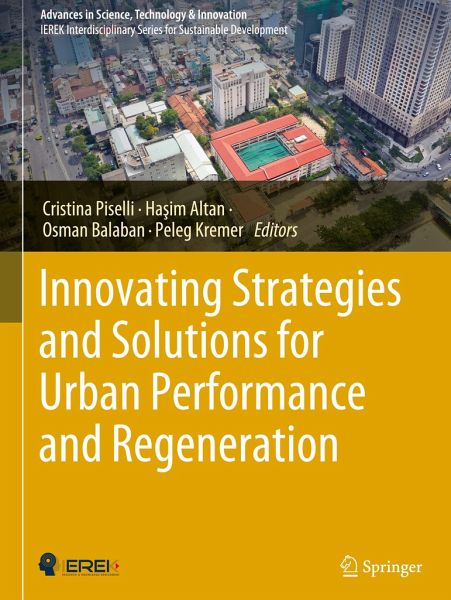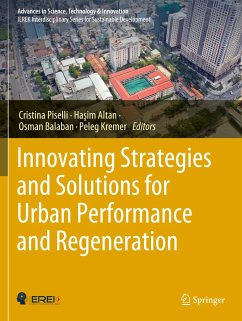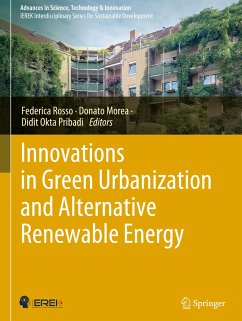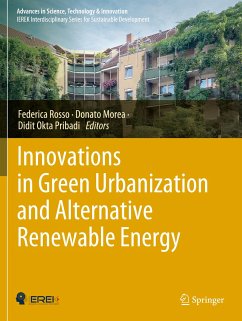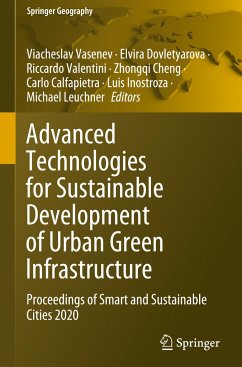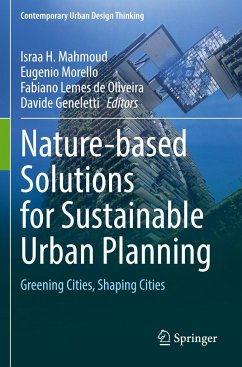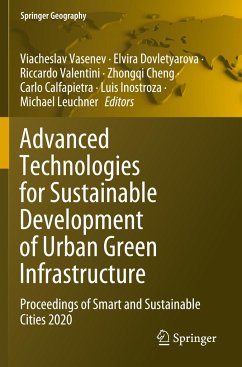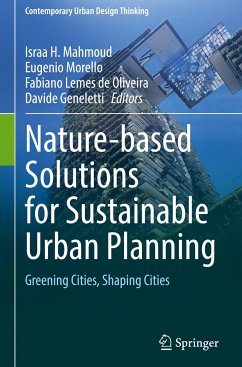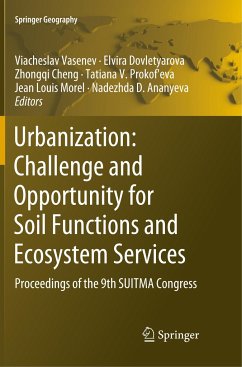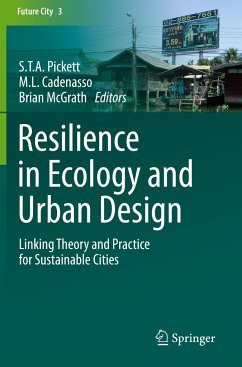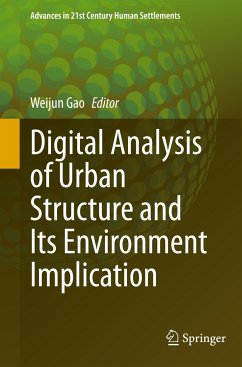Cristina Piselli: Cristina Piselli is Assistant Professor at Department of Architecture-DIDA, University of Florence, Italy. She holds a master's degree in Building Engineering-Architecture from the University of Perugia, Italy, and a Ph.D. in Energy and Sustainable Development from CIRIAF-Interuniversity Research Center on Pollution and Environment "Mauro Felli," University of Perugia. Dr. Piselli works in the field of environmental applied physics, and she is focused on innovate solutions for building and communities energy efficiency and urban heat island mitigation, occupant behavior and human comfort, dynamic simulation of building energy performance, energy systems, and energy communities. She has participated in several national and international projects aimed at promoting the energy transition through building energy efficiency, environmental sustainability, and human well-being in the built environment. Moreover, she is Expert Member of IEA EBC Annex 79-Occupant-Centric Building Design and Operation. Hasim Altan: Hasim Altan is Professor of Sustainable Design and Architectural Engineering in the Faculty of Design and Director of Research Center at Arkin University of Creative Arts and Design (ARUCAD) in Kyrenia, Cyprus. He is Chartered Architect (RIBA) and Chartered Engineer (CIBSE) with over 20 years of academic and practice experience in the field of architecture, engineering, and construction (AEC) in the built environment in the UK, Europe, the Middle East, and North Africa (MENA) regions. Prof. Dr. Altan sits on a number of editorial boards and reviews project proposals for the European Commission, UK Research Councils, and Qatar National Research Fund (QNRF) by Qatar Foundation. Since 2004, he has, singly or jointly, secured and directed 32 research grants worth over £21 million. He is Founding Member of the International Network on Zero Energy Mass Custom Home (ZEMCH), which has so far organized eight international conferences, several design workshops, and numerous technical visits. As well as having supervised 17 successful Ph.D. students, Prof. Dr. Altan has published over 250 refereed journal and conference papers in related fields. Osman Balaban: Osman Balaban is Professor of Urban Planning at the City and Regional Planning Department of the Middle East Technical University (METU), located in Ankara, Turkey. He holds a Ph.D. in city planning and a master's degree in urban policy planning from METU. Dr. Balaban worked as Postdoctoral Researcher at the United Nations University, Institute of Advanced Studies (UNU-IAS) in Yokohama, Japan, between 2009 and 2012. At national and international levels, he has participated in several academic and policy-oriented research activities focusing on finding solutions for sustainable and resilient urban futures and for effective urban planning and policy frameworks. Dr. Balaban's research and teaching interests include urban politics and local governments, urban regeneration, environmental politics and policies, climate change, and low-carbon and climate resilient urbanism. Peleg Kremer: Dr. Kremer is Assistant Professor in the Department of Geography & the Environment at Villanova University. Research in Dr. Kremer's laboratory focuses on spatial patterns in social-ecological systems and urban sustainability. Using interdisciplinary approaches to spatial analysis, GIS, and remote sensing, Dr. Kremer investigates the relationships between urban environmental and ecological processes and the built environment. Dr. Kremer teaches undergraduate and graduate courses in geographic information systems as well as courses on urban sustainability and the built environment. She holds a Ph.D. in Energy and Environmental Policy from the University of Delaware.
